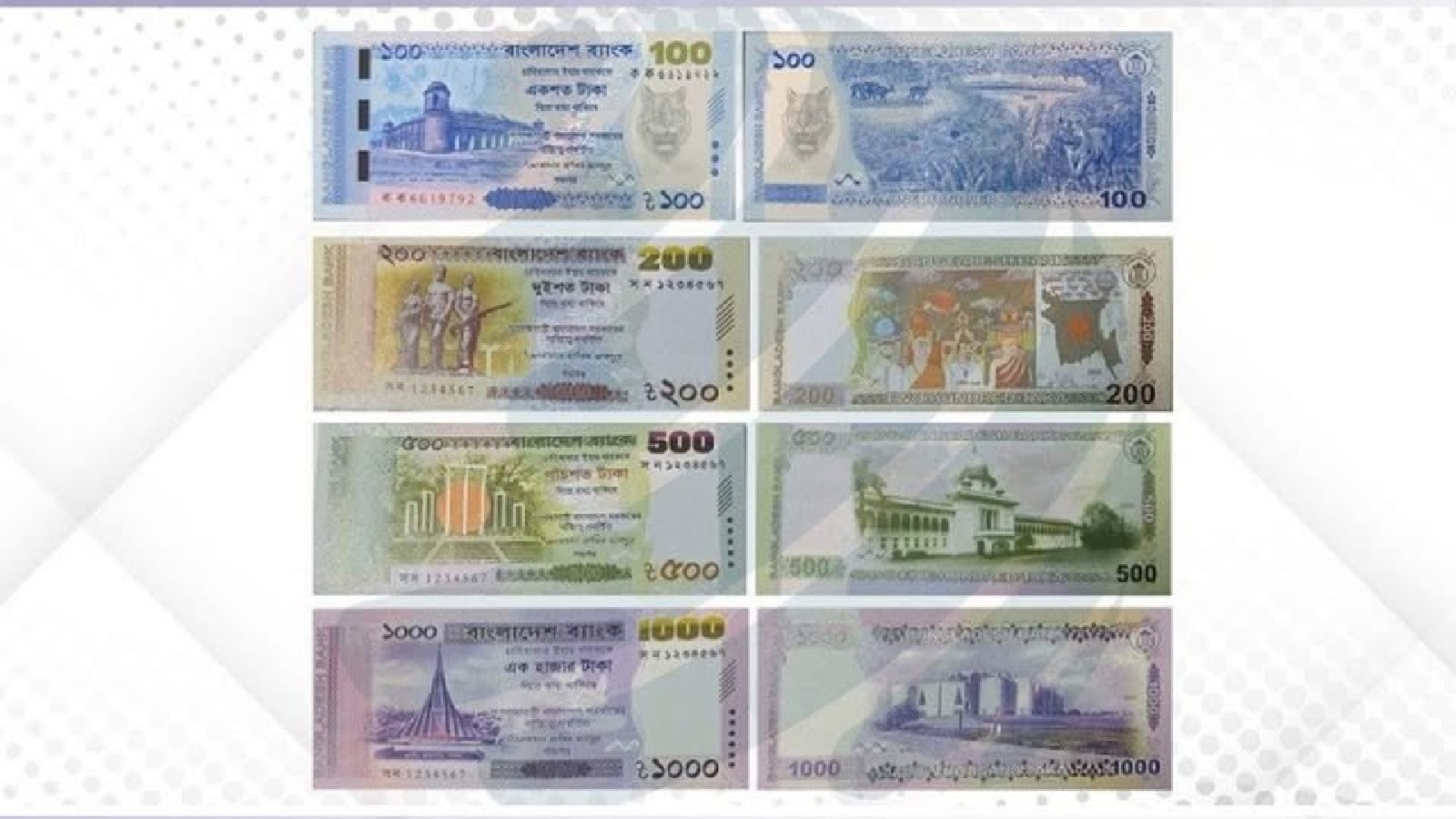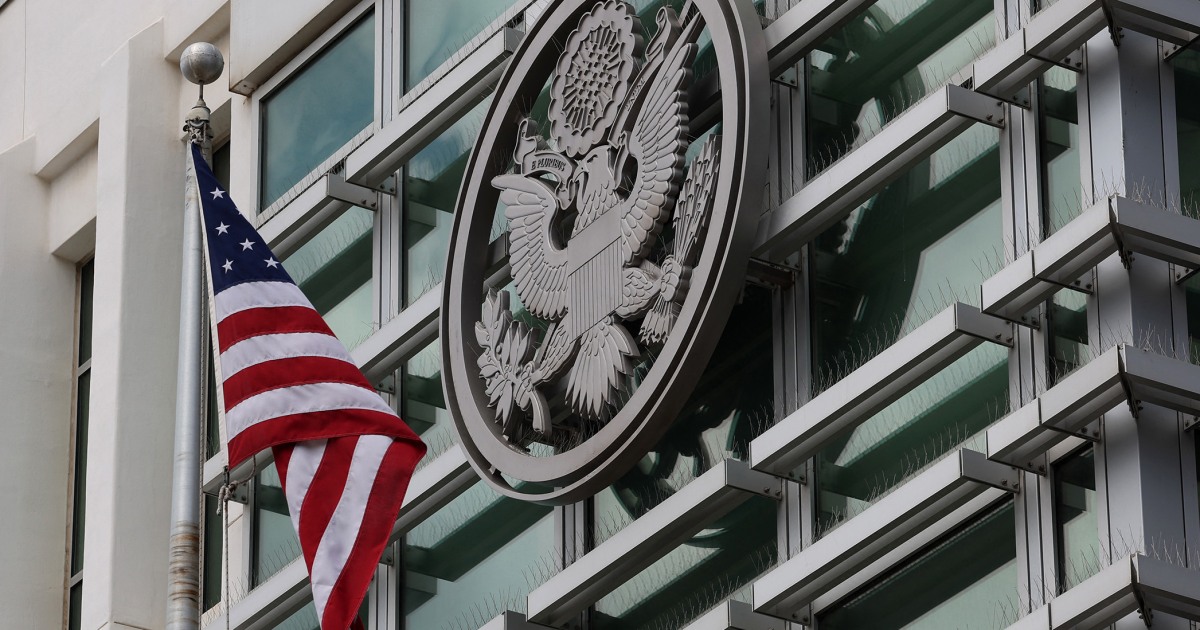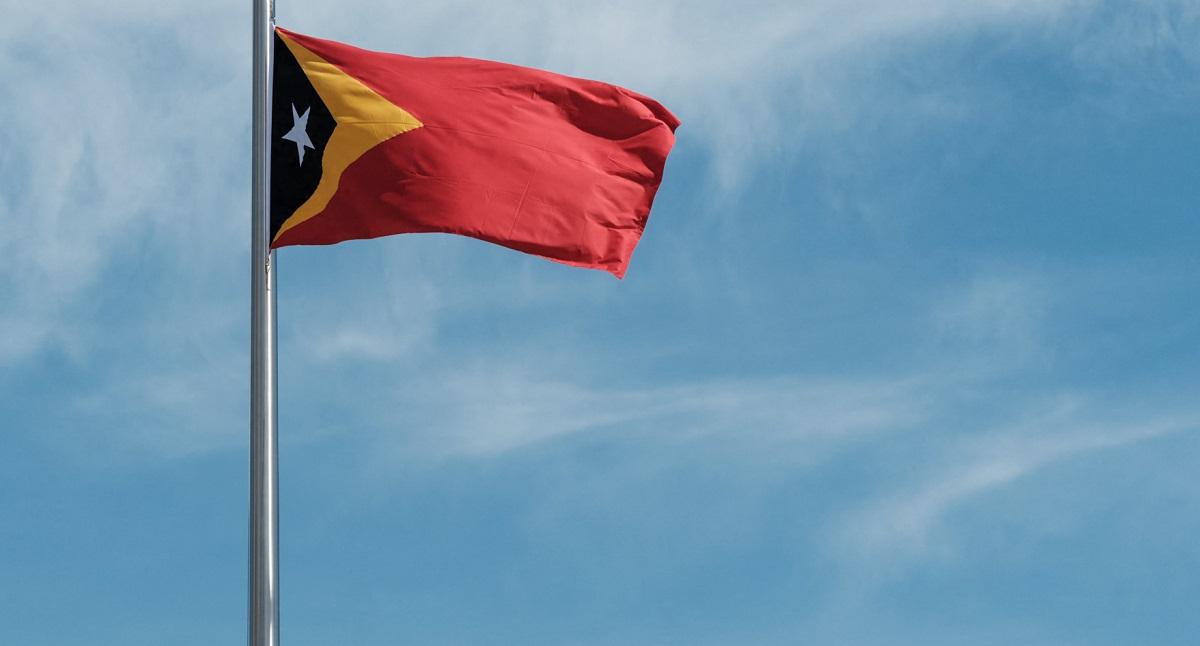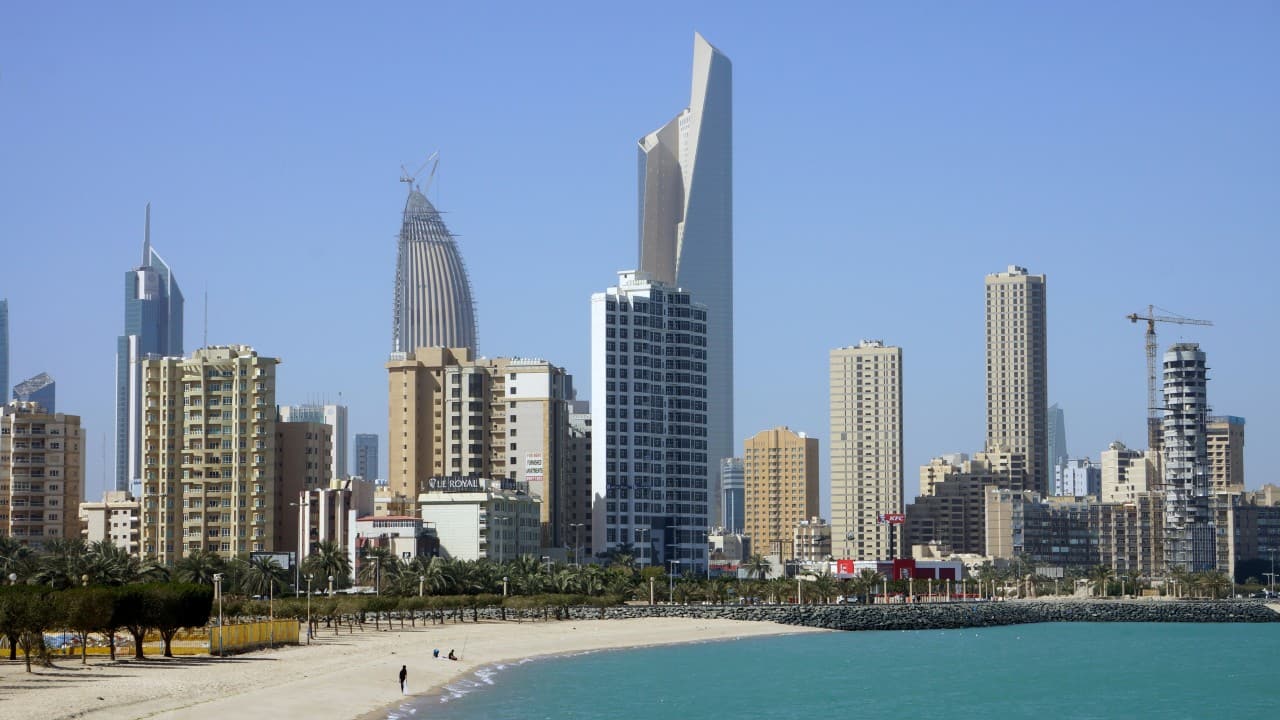Escalating Tensions: India and Pakistan's Struggle Over Kashmir Intensifies

Tensions between India and Pakistan have reached alarming levels this week, following India's missile strikes that resulted in the deaths of over 30 individuals. This aggressive action comes as a direct retaliation for a horrific terror attack that occurred on April 22, during which 26 civilians were killed, the majority of whom were Indian tourists in Indian-controlled Kashmir.
The Indian government has placed the blame squarely on a militant group based in Pakistan, further straining the already fraught bilateral relations between the two neighboring nations. In response to India's airstrikes, Pakistan has vowed to retaliate, labeling the strikes an 'act of war.'
If a full-scale war were to erupt between these two nuclear-armed states, it would not mark the first instance of conflict over the disputed region of Kashmir. In fact, the rivalry has persisted since 1947, a year that marked the partition of British India into the independent states of India and Pakistan, with Kashmir becoming a point of contention ever since.
While both nations engage in this geopolitical struggle, the people of Kashmir find themselves trapped in the middle, caught in a relentless security state that offers little hope for a peaceful future. The ongoing conflict has left a significant mark on the lives of the Kashmiri people, who have long been subjected to a reality of violence, fear, and repression.
Life before the April 22 terror attack
Prior to the tragic events of April 22, the Indian Prime Minister Narendra Modi's administration had repeatedly claimed that 'normalcy' was beginning to return to the region. However, the reality on the ground tells a different story; Kashmir remains one of the most militarized zones globally. The population has endured a long history of human rights abuses, which the Indian government has justified under the pretext of counter-terrorism initiatives.
A significant turning point occurred in 2019 when the Modi government revoked Article 370 of the Indian Constitution, which had conferred special status and a degree of autonomy to Jammu and Kashmir. This action effectively transferred control of the region from the Kashmiris to the central government in New Delhi.
This controversial decision was made without the consent of the people of Kashmir, leading to a widespread sense of betrayal among the local population. In interviews conducted in 2020, many Kashmiris expressed feelings of fear and oppression, stating that Indian security forces were engaging in psychological warfare. One individual noted that checkpoints manned by security personnel were present every few kilometers, highlighting the pervasive military presence in the region. The situation was further exacerbated during the COVID-19 pandemic when lockdowns and curfews became increasingly strict.
Amidst this turmoil, a glimmer of hope emerged in September when Kashmiris participated in regional assembly elections for the first time in a decade. This electoral process allowed the newly elected assembly to make and amend laws, engage in local discussions, and make decisions affecting various aspects of life in the territory, especially in areas like education and culture.
Nonetheless, this political development did not signify a return to 'normalcy.' In February of this year, reports emerged that Indian security forces had conducted operations against suspected militants, leading to lockdowns and the detention of around 500 individuals. Tragically, the cycle of violence continued, with a young Kashmiri man taking his own life after allegedly enduring police torture, followed by the army's fatal shooting of another man the next day.
Life after April 22
In the wake of the April 22 terror attack, the Indian government has intensified its heavy-handed approach in Kashmir, implementing more stringent security measures under the guise of counter-terrorism. The Kashmiri populace is now subject to an increased military presence, new lockdowns, 'cordon and search operations,' social media monitoring, as well as house demolitions and other oppressive measures.
According to police sources, around 1,900 Kashmiris have been detained and interrogated since the attack, and that number is likely to rise. Consequently, feelings of fear and anxiety have permeated the lives of residents, as they contend with the reality that 'everyone lives in fear'—a sentiment that has only intensified since India’s missile strikes.
The looming possibility of retaliation from Pakistan, or even a broader war, now hangs over the region, with Kashmiris once again finding themselves on the frontline of this volatile conflict.
Calls for India to follow Israel’s lead
A significant concern has emerged regarding the rise of right-wing Indian media outlets and social media narratives that appear to advocate for a response to the terror attack akin to Israel's retaliatory actions against Hamas in Gaza. Some commentators are alarmingly comparing the April 22 attack to the October 7 Hamas attack on southern Israel, which may set a dangerous precedent for future responses in Kashmir.
Additionally, Israel has recently expressed its support for India’s right to self-defense, which raises further unease regarding the situation. The increased rhetoric from right-wing factions risks inflaming Islamophobic sentiments, not only against Kashmiris but against Muslims throughout India as well.
Pathways to peace?
Historically, each war fought between India and Pakistan over Kashmir has eventually concluded with negotiations and treaties. Efforts toward fostering bilateral relations have been attempted numerous times over the years, and these diplomatic avenues would be far more desirable than the current trajectory of escalating conflict. Ultimately, it is the Kashmiri people who bear the brunt of the consequences whenever tensions rise between these two nuclear powers. As one young Kashmiri man poignantly remarked, the cycle of violence must end for their voices to be heard and their futures to be secured.

























